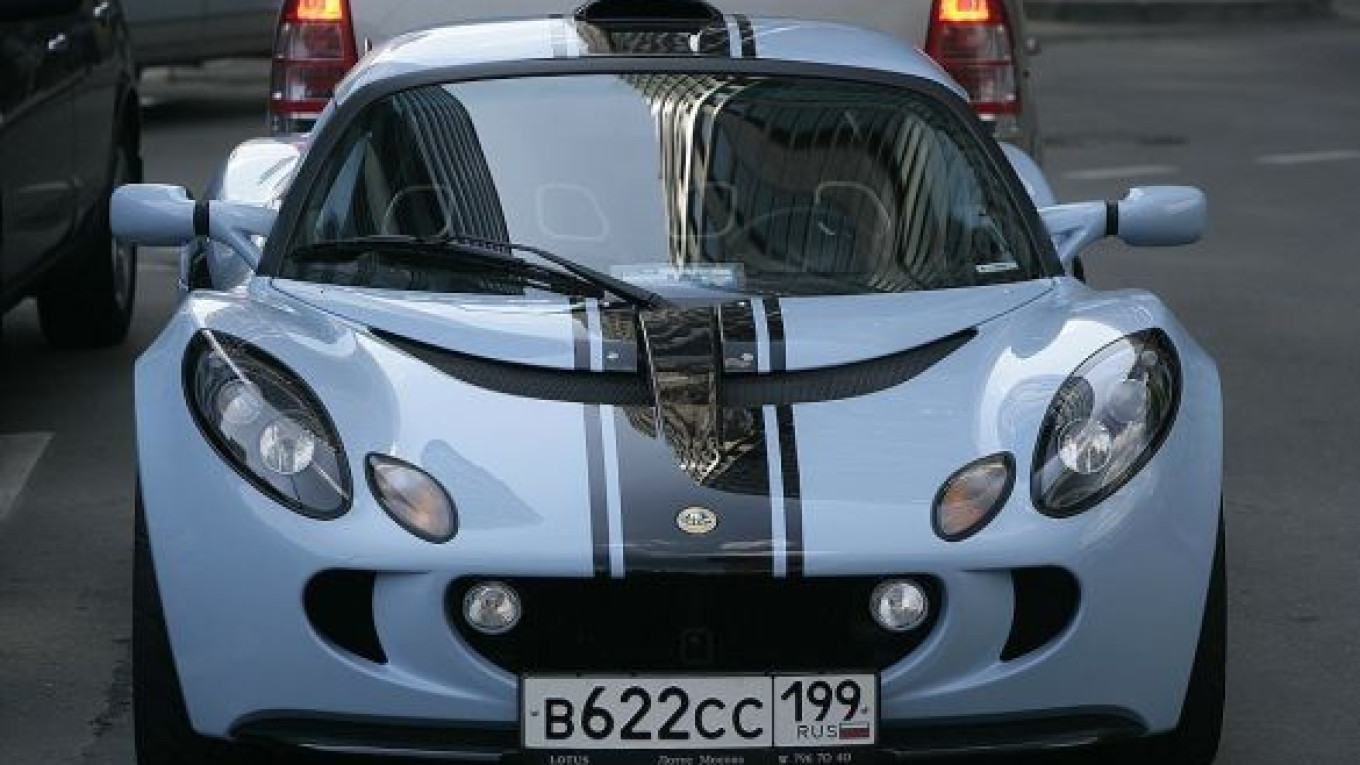The Cabinet on Thursday discussed a move to slash taxes for large new projects in the Far East in a bid to buoy the region's economy.
Another item on the agenda was a sharp increase in the tax on luxury cars.
The discussions took place behind closed doors, and their outcome remained unreported Thursday. But the Cabinet most likely backed the proposals because a Cabinet commission gave them the go-ahead earlier this week.
Cabinet spokeswoman Natalia Timakova and a Finance Ministry spokesman said they were unaware of the Cabinet's decisions, when reached for comment.
The Far East tax rebate proposal is legislation that would take effect next year if it gains approval by the parliament and is signed by the president.
"The rebate … would be nothing less than a drastic breakthrough," said Pavel Maslovsky, a Federation Council member representing the Amur region in the Far East.
The legislation would reduce corporate profit for large new projects in the Far East Federal District, Zabaikalsky region, Irkutsk region and Buryatia republic. With additional consent of regional governments, the tax would not apply for the first five years and would equal half of the standard 20 percent over the following five years, according to materials on the Cabinet website.
Under the bill, regional authorities would have a chance to waive their portion of the tax, which is 18 percent, while the federal take would not be payable by default.
A new project must attract investment of at least 150 million rubles ($4.8 million) over the first three years, or 500 million rubles over the first five years, to qualify for the rebate.
The Cabinet on Thursday likely approved another measure that could help the economically depressed region, allowing the country's special economic zones to host companies that want to process natural resources, except oil and gas.
Maslovsky said these would be the first moves since the collapse of the Soviet Union to support the Far East through policy rather than subsidies.
"It would be the first time in the past 20 years that the government is proposing measures to encourage the growth of industrial manufacturing in the Far East," he said. "Figuratively speaking, it's not about giving a man a fish, but about giving him a fishing rod."
He added that the rebates could give a shot in the arm to the country's slowing economic growth.
The Cabinet also discussed another piece of legislation that would double or triple the tax on expensive cars, depending on their price.
A double rate would apply to cars that cost from 5 million rubles to 10 million rubles and that are younger than five years.
A triple rate would apply to cars whose price tag is from 10 million rubles to 15 million rubles and that are younger than 10 years. The same rate would cover cars that cost even more and are not older than 20 years.
The Industry and Trade Ministry would publish the price estimations on its website based on market and customs data.
Contact the author at medetsky@imedia.ru
Related articles:
A Message from The Moscow Times:
Dear readers,
We are facing unprecedented challenges. Russia's Prosecutor General's Office has designated The Moscow Times as an "undesirable" organization, criminalizing our work and putting our staff at risk of prosecution. This follows our earlier unjust labeling as a "foreign agent."
These actions are direct attempts to silence independent journalism in Russia. The authorities claim our work "discredits the decisions of the Russian leadership." We see things differently: we strive to provide accurate, unbiased reporting on Russia.
We, the journalists of The Moscow Times, refuse to be silenced. But to continue our work, we need your help.
Your support, no matter how small, makes a world of difference. If you can, please support us monthly starting from just $2. It's quick to set up, and every contribution makes a significant impact.
By supporting The Moscow Times, you're defending open, independent journalism in the face of repression. Thank you for standing with us.
Remind me later.


